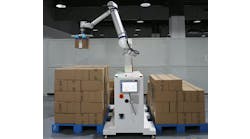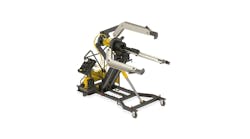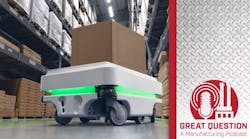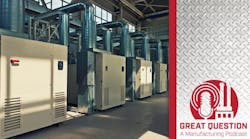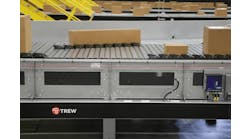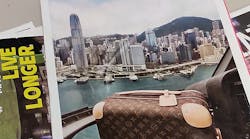On my desk right now is the recent issue of a glossy consumer magazine, displaying on its high-visibility back cover a striking bird’s-eye view of the Hong Kong harbor and the impressive city skyline. The photo is as notable as the view, conveying through a subtle reflection that it was snapped through the windshield of helicopter taxi, and in the foreground is the passenger’s luggage. Perhaps that passenger could be you. The only words to be seen are the luxury goods’ manufacturer’s nameplate and an anodyne tagline suggesting how thrilling and liberating it can be to travel, to be light and transitory. That’s true freedom, it implies.
It’s good advertising. What we see from the helicopter taxi is a limitless sky, a gleaming city, and a beautifully crafted leather case. We cannot see the 7.4 million people who live in Hong Kong. There is nothing about the image or message that is untrue, but every consumer who can afford that carry-on — indeed, anyone who the magazine targets as a reader — will know that what is portrayed in the photo is not freedom, but rather wealth.
Money can make life more comfortable, and it can resolve many problems that inevitably intrude on happiness. Money also can be the basis for security, for starting ventures, for investing in things that will grow and then repay us, or reward us in other ways. Money thus becomes a functional expression of faith — faith in the effectiveness of our work, trust in our collaborators, confidence that over time we can improve the problems we now labor against.
Faith, trust, and confidence can inspire a sense of freedom — but the money didn’t buy it.
It’s implicit in this that money is more effective when it is applied and circulated, rather than simply accumulated. Money can calm conflicts. Wealth that is distributed encourages better interaction and lessens social tensions. Commerce can encourage social order.
Money can buy time, too. Over the centuries the endurance of different societies and civilizations can be measured by the degree to which people are able to keep clear the distinction between wealth and freedom. Relying too heavily on one risks losing the other.
The advertiser’s portrayal of Hong Kong is no accident, for that enclave has long been a destination for people seeking to grow wealthy, a place where commerce sets the foundation for all social activity. Many places have recognizable landmarks, but almost no other skyline can suggest wealth and opportunity in this same way. From our hemisphere Hong Kong has been emblematic of freedom, and now there are increasing hints of irony about that image.
In the West (North America and Europe) we have been nurturing free-market democracy for close to 600 years, and with some notable setbacks the results have been decidedly positive. The investment has rewarded the whole world with greater health, knowledge and comfort, as well as a greater appreciation for the limits of authoritarian government.
In the past two centuries the effort has expanded into other regions of the world, not always peacefully or effectively. In the past two decades the objective has been to incorporate all of China into the global free-market economy, and there have been many positive results.
But mistaking wealth for freedom is always a danger, and now we seem to be reckoning again with that maxim. Chinese authorities may have calculated they could marshal their economy to greater prosperity and still control the individual citizens’ desire for opportunity. They cannot.
As for ourselves, we seem to have calculated that we can have confidence in, invest our future opportunities with people before ever building trust with them.
Both sides have grown wealthy by the arrangement so far – and both have reason to question what possibility there is for maintaining it. The development of a global market economy never could have succeeded if wealth were the only objective. At this time, wealth is the only thing to be seen.
